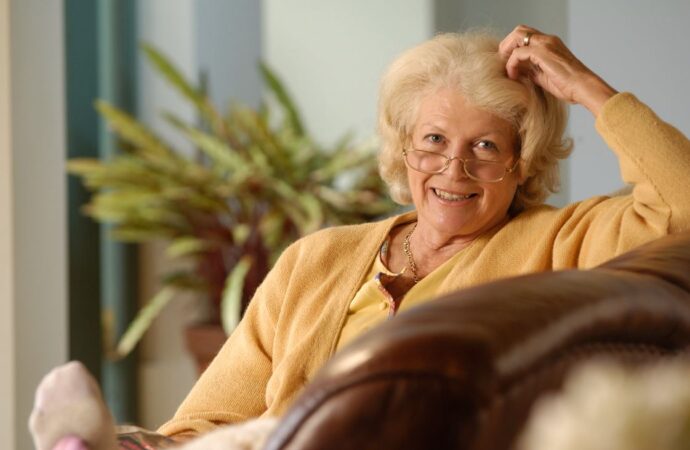A grandma wrote to say she’d seen her daughter cutting up her granddaughters’ meat at dinner—and the kids are in middle and high school. Their mom also chooses their clothes. The kids get straight A’s, but the grandma worries that they are being coddled into becoming imbeciles.
My response:
Grannie—I am sorry to say that what you’re seeing is common. A colleague told me that she was with her sister-in-law and niece—age 14—when her niece picked up a bagel and said, “Mom, can I cut this?” Replied her mom, “I’d rather you not,” and proceeded to slice it for her.
Should you worry? For this generation of young people, yes. Growing up being told you are incompetent in the normal activities of life and are in constant danger of getting hurt (physically or emotionally) is a recipe for anxiety. And yet, our culture has decided the kindest thing it can do is treat all kids as fragile. Unfortunately, that becomes a culture that takes away people’s power and replaces it with ever more diagnoses of disability, policing of relationships, and oversight of everyday interactions. It gives power to bureaucrats in charge of every kind of “safety.”
Ugh.
Individually, though, I don’t predict doom for your grandchildren. Eventually they will go off on their own, cut their own food, and make their own way. I say this as someone who made a lot of “mistakes” raising my own kids. There are no perfect parents. Kids are built to muddle through. But in the meantime, the whole social fabric of America is being warped by this cult of fragility.
Should you talk to your daughter about her controlling and infantilizing behavior? I’d say not directly. People are defensive by nature, and there’s nothing touchier than being told by a loved one that you are somehow disappointing or hurting them or another loved one. The pain of being criticized can hurt a relationship, and being told, “You’re raising your kids wrong” doesn’t seem like it would result in actual change, just resentment. (I speak as a human, not a psychologist.)
That said, I started Let Grow to make it easy and NORMAL (and legal) to give kids some independence. The “normal” part means that it is hard for any individual to start trusting their kids to be safe in a culture insisting they’re not. Re-normalizing trust is far easier if a parent is part of a group that is gradually loosening the reins together. For instance, when I was young, all the kids in my neighborhood walked to school. That meant no mom worried, “Am I crazy to let them go?” It was just normal.
That shared trust is evaporating.
So, if there’s any way for you to get your grandkids’ schools to do The Let Grow Project, whereby students get the homework assignment, “Go home and do something new, on your own, without your parents”—that’s a way to get ALL the parents standing back a bit, and ALL the students stepping up their game. In community there is power. And instead of feeling good about coddling their kids, parents start to feel good about the opposite. The social norm changes.
To date, your daughter has not had the opportunity to be amazed by her kids’ competence, as she is always assisting them. As normal as this feels to her, she will be truly thrilled when she finally gets to see how much they can do WITHOUT her direct help. Even the most hovering parent is hard-wired to swell with pride when they see their kids taking their first steps on their own—literally and figuratively.
That’s why what I’m suggesting actually works: Push parents to let go as a group and collectively they wake up from the nightmare they’re living in, where middle-schoolers can’t cut their own meat.
Here’s to a new dawn for all of you.
Yours,
Lenore
—
COPYRIGHT 2022 CREATORS.COM
Image Credit: Flickr-Stannah International, CC BY 2.0
















Leave a Comment
Your email address will not be published. Required fields are marked with *